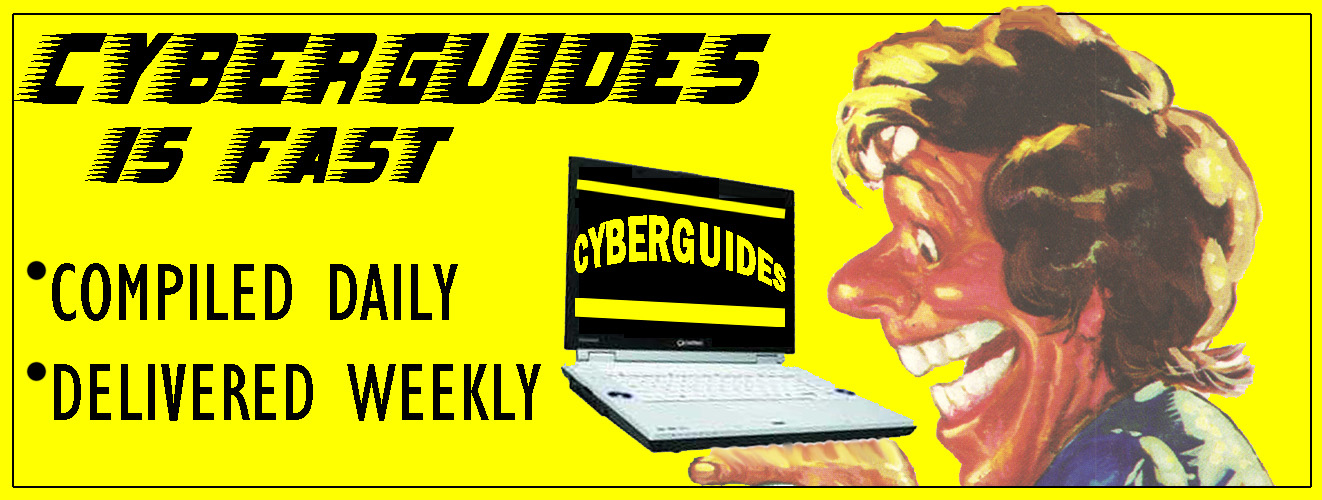

 Ask “Mr. Music”
Ask “Mr. Music” 
 Jerry Osborne
Jerry Osborne 

 FOR THE WEEK OF JANUARY 27, 2003
FOR THE WEEK OF JANUARY 27, 2003DEAR JERRY: Several years ago I was reading a novel by a popular female author and in it the main character was listening to a gospel album by Aretha Franklin, identified only as the gospel according to Aretha. Don't ask why but I simply mentioned it briefly to my mother at the time.
Two years ago my mother lost her home and all its contents in a house fire. She is quite elderly and a little set in her ways (read: feisty). Now, in her mind, she loaned me her gospel album by Aretha Franklin for me to copy to cassette, and she's asking me to find it again and make her another copy. I have tried to explain the circumstances to her, but she is adamant that I must have this album somewhere.
I love mother dearly so I am in search of a cassette or compact disc by Aretha Franklin that would include old-time gospel songs of the kind my mother would enjoy. I have no idea what titles she thinks she remembers as being on it, and can only hope that whatever I find will be acceptable.
Thank you very much for helping me make my mother happy!
— Ralphine Laughman, Hanover, Pa
DEAR RALPHINE: Recorded live in 1956 at the New Bethel Baptist Church in Detroit. The nine-track album you describe provides an audio glimpse of a 14-year-old Aretha Franklin — more than a decade before she would be known as Lady Soul, or Queen of Soul.
Fortunately, a 1991 CD puts these significant recordings within easy reach. Titled “Aretha Gospel” (MCA CHD-91521), I believe it will indeed make mom happy.
One might think the limited remote recording techniques available in 1956 would be a liability, at least by digital-era standards.
With “Aretha Gospel,” these conditions actually serve to convey the experience of having a front row seat whilst the teenage prodigy performs.
I would bet that your father's name is Ralph.
Now comes another mother-inspired inquiry:



DEAR JERRY: Years ago my mother had a record with “Where Do You Want the World Delivered” on one side. I believe this tune is the B-side, though I do not know the artist, label, or what is the A-side.
The record was broken and discarded years ago, and I have been looking for another copy for quite a long time.
Can you help by providing some details?
—Marilyn Risner, Valparaiso, Ind.
DEAR MARILYN: Your note provides a perfect description of the 1963 hit by Joey Powers titled “Midnight Mary” (Amy 892).
On the flip side is “Where Do You Want the World Delivered.”

Still, there is a line in “Saturday Night Fish Fry,” the Louis Jordan hit, that mentions some kind of dance that I can't quite understand, and don't recognize.
It sounds like ”same virus,” but that makes no sense at all.
What the heck is he saying?
—Monty Gilroy, Lakeland, Fla.
DEAR MONTY: Your affliction-based interpretation is not as far afield as you might think — though this “dance” is a neurological disorder rather than a virus.
Jordan refers to St. Vitus Dance, also know as Sydenham's Chorea, and Rheumatic Chorea. It is a temporary breakdown of those parts of the brain that control motor skills.
In the song, the dancing is untamed and frantic, as though the participants no longer could control their arms and legs.
Unlike the similar but more widely publicized Tourette Syndrome, which affects mostly boys, St. Vitus Dance is far more common in girls.
Contrary to the action in “Saturday Night Fish Fry,” neither disorder is fun. Fortunately, neither is life-threatening nor contagious..

IZ ZAT SO? “Saturday Night Fish Fry” held the nation's No. 1 R&B chart spot for a dozen weeks in 1949, but topping the charts was routine for Louis Jordan.
During his recording career, Jordan spent 113 weeks at No. 1. That is nearly a year's worth of weeks more than the first and second runners-up, Stevie Wonder (70), and Aretha Franklin (65).
For this specific honor, it is not likely Louis will ever be dethroned



